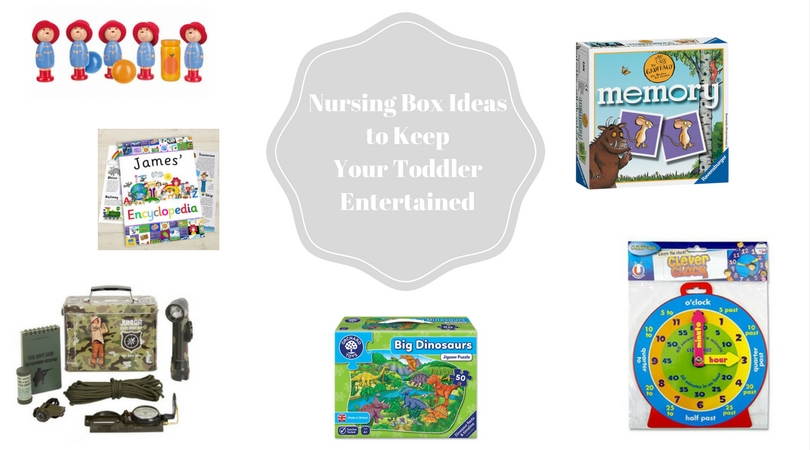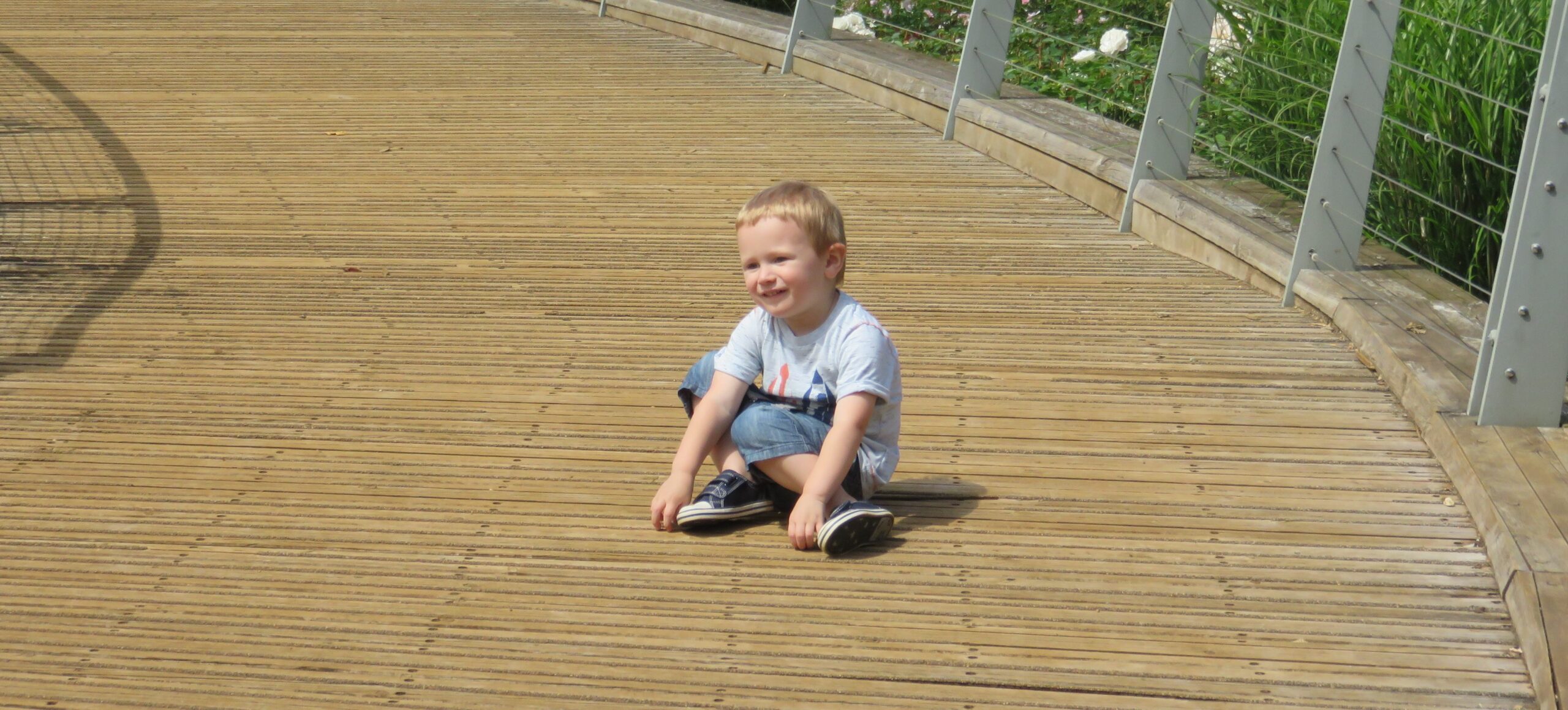
Toddler Tantrums? The Solution is Actually Simple

Toddler tantrums are all fun and games, aren’t they?! We have been through the pre-stages of the well-known ‘terrible two’s’ but just recently everything has cranked up a notch. For me, it came as a bit of a shock with Jake going from a frustrated little one who maybe had a tantrum once in a while, usually related to my lack of understanding what he needed, to being a crazed tiny being who I didn’t recognise anymore! The first phase of this- prior to turning 2 – didn’t last too long and as he was so small he was easily calmed and also, being a boy, he didn’t have the attention span to make it last much longer than 30 seconds!
However, a couple of months after turning 2 everything began to change. I had a child who was shouting, demanding, throwing himself on the floor and crying at me. It became an emotional roller coaster for both of us. I always thought of tantrumming children as being naughty and that the best solutions were to ignore the behaviour OR if they had gone too far, to use discipline such as a telling off and the use of the naughty spot/step. I spent weeks trying the telling off, the ignoring, the walking away (it doesn’t work when they follow you still crying!) and even stooping so low as to yell back at him. As a tired, emotional, drained parent I did lose my rag and the shouting just came out. It didn’t work, it wasn’t the best move and it is something a normal me would never usually do BUT weeks of pushing every button, hanging off my legs, throwing himself onto every floor and screaming had tipped me over the edge and I felt I was at a loss over what had happened to my once happy chappy and what I could do to stop this.
A couple of weeks ago I changed my attitude towards this stage and started to think more positively. More sleep obviously helped and I knew that if I could rest and re-charge my batteries I could tackle the issue in a more pro-active way. I stopped and thought about how he must have been feeling. He is 2, his vocabulary is limited, he cannot quite string a sentence together and I am often guessing certain words which for him is most probably infuriating. He thinks he can eat and eat junk food and that me saying no is being mean. He wants to investigate things in order to learn and gain experience but because I understand dangers I again tell him no. He cannot understand the way the weather works and yet again I am telling him no to playing in the garden because it is wet or cold. He doesn’t know that the TV is controlled by the scheduling gods and not by myself (if only!), so when he asks for another Paw Patrol and I tell him there isn’t one, yep you have guessed it, I am the bad guy.
In his eyes, as a parent I am here to look after him, give him what he needs (or what he thinks he needs!) and to have loads of fun every single day. From day one we have been there and up until this age, we have most probably said yes much more than no. They fed and slept on demand, we gave them plenty of fresh air, went to lots of groups and the bedtime routine may have taken a while to get into practice. Suddenly they turn an age where, we as adults, decide that it is time to say no, time to put our foot down and time to teach them the ways of the world. Cue information overload inside a tiny brain which, logically, leads to these meltdowns.
So, what did I do?
I talked to him. How simple does this sound? Yet how many of us do this? How much advice is given to us to ignore this behaviour? How many of us feel we are living in groundhog day? How many of us are slowly becoming depressed/low/anxious due to the never-ending tantrums? I bet you said yes to at least one of these questions.
I began to stop his toddler tantrums by coming down to his level and simply asking what was wrong. By coming to his level I was showing him that I was there to listen to his needs and to cuddle and calm him. Once he would stop crying I could ask him to talk to Mummy, to tell me what was wrong or ask him what it was that he wanted? If I didn’t understand what he was saying I would say it all again. Of course, some of my answers would be no, but instead of ignoring the reaction I started to explain slowly and calmly why he couldn’t have that food or go in the garden etc. Once he understood we could hug it out and go and do something fun to help distract him from the initial problem.
A couple of weeks later and we are actually making progress. We have opened up a line of communication which is allowing Jake to express himself and for myself to give reasons for saying no. We have become a team in this and my days have become calmer, there is more time for fun and my stress levels have reduced immensely. I must admit this has been a learning curve for both of us and I am so happy that we are now getting somewhere.
One main positive I have seen is Jake’s speech coming on in leaps and bounds. Making him express what he wants through communication has meant he has had to learn more words, try to perfect his pronunciation (so I can understand him) and it has brought his sentences on.
I am now enjoying my cheeky chappy once again and am loving the cuddles I am receiving once we have come to an agreement. It has definitely brought us closer together.
So if you are also suffering and feel there is no light at the end of the tantrum tunnel please remember you are not the only one. There are plenty of toddlers throwing themselves onto any floor they possibly can right at this very moment. Just give this method a go and see if you can also make a positive change in your home.

Pin for later:





